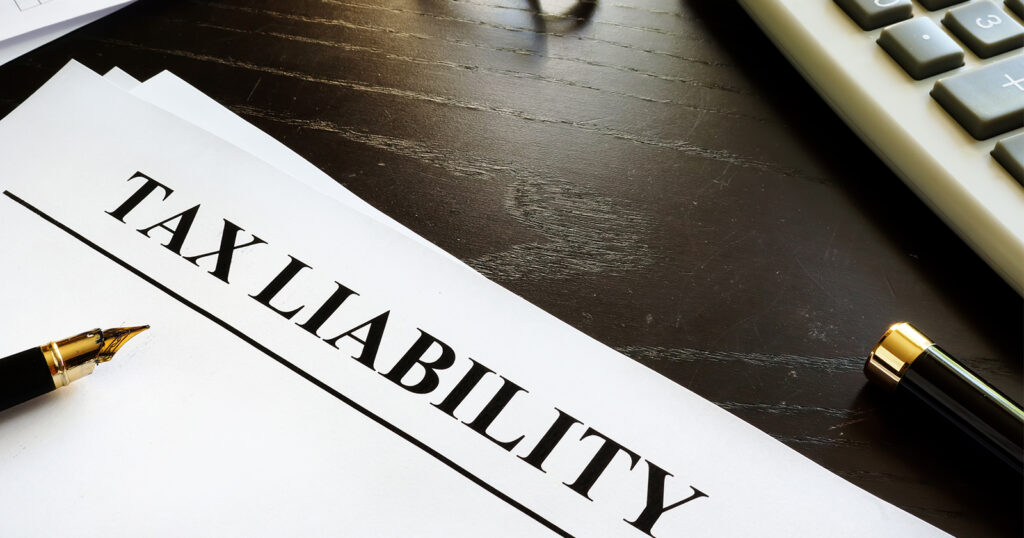Strictly speaking of the United States, tax accounting is the process of preparing the tax return for businesses and individuals to file with the IRS. Tax accountants must be well-versed in the tax code and regulations to ensure that their clients are in compliance with the law.
Planning is another large part of a tax accountant’s job. Since tax accounting can be a complex and challenging field, where should you start to learn tax accounting? We’ll point you in the right direction so you can improve your tax knowledge.

Who Should Learn Tax Accounting?
If you are an individual who wants to be in control of your finances or a small business owner, learning tax accounting is a great way to become more financially literate.
Tax accounting can be complex, but it doesn’t have to be if you’re curious and willing to learn. There are so many resources, including CPA firms that break down tax topics for free.
While tax accounting may not be the most exciting topic, it is important for anyone who wants to be in control of their finances. Some of the most motivated people to learn tax accounting are people that own property rentals. It makes sense.
If they can understand what deductions they can take then it will put them in a better position come tax time. Individuals and small business owners can benefit from learning tax accounting so that they can understand their financial situation and make informed decisions about their money.
It doesn’t have to be advanced tax knowledge but building a baseline of beginner tax knowledge is already more than most people.
Can Knowing Some Tax Accounting Help Your Small Business?
As a small business owner, taxation can be overlooked. Many small business owners rely on their accountants for advice but think about how much better off you could be if you were asking challenging questions to your accountant.
When it comes to your business’s finances, whether you like it or not, you are in charge of bookkeeping and tax accounting unless it is outsourced. Even if you outsource these tasks to an accountant, knowing the baseline of tax accounting can help your business in a number of ways.
For one, as we alluded to, you’ll be able to have more intellectual conversations with your accountant about the financial health of your business. You’ll also be better equipped to make informed decisions about things like investing in new equipment or hiring new employees.
Knowing a baseline of tax accounting will also help you prepare for tax season. This way, you can avoid any last-minute surprises come April 15th. You can work with an accountant to proactively approach taxes instead of being shocked by how much is owed.
Read More:
Very Small Business Accounting Software: (Top Picks)
Learning Tax Accounting: Where to Start

When it comes to learning tax accounting, there are a few different ways you can go about it. You can start by taking an online course, picking up some books on the subject, or even taking a class at a local college or university.
No matter which route you decide to take, the most important thing is that you make sure you understand the basics of tax accounting before moving on to more complex topics.
Once you have a firm grasp on the basics, you can then start to specialize in areas like corporate tax, individual tax, or international tax. You may not even want to. It is quite possible you just learn some tax accounting to improve your personal taxes or your small business.
How Advanced Should You Learn Tax Accounting?
Individuals who want to learn tax accounting may wonder how much they need to know. Some basic knowledge is better than none, but learning more can help taxpayers save money.
There are different levels of tax accounting. The most basic level includes understanding tax terms and filing a simple return. A more advanced level might include knowing how to itemize deductions and take advantage of tax credits.
The most advanced level would include learning about complex financial instruments and strategies for minimizing taxes, international taxation and things such as transfer pricing.
Most people only need to know the basics of tax accounting. However, those who are self-employed or have significant assets may benefit from learning more. As people say, knowledge is power and at the very least, you will have better conversations with your accountant.
Learning tax accounting can be time-consuming, expensive, and frustrating at times it’s important to weigh the costs and benefits before deciding how much to learn. That’s why so many people just rely heavily on their accountants.
Read More:
How Much Do Accountants Cost? [The Price of An Accountant]
Common Roadblocks of Learning Tax Accounting
When it comes to learning tax accounting, there are a few common roadblocks that students face. For one, we see that it can take a lot of time to master all of the concepts. You could take a 6-month college course and still be just wrapping your head around taxes after 6 months.
The width of how many concepts there are can be tricky to understand. This is why you see some tax accountants only work on non-profits or others work on partnerships.
Finally, it can be difficult to know what topics to focus on when learning tax accounting. Again, that’s where taking a niche course can be handy and sort that out for you.
Getting Help When Learning Tax

When it comes to taxes, it’s important to get professional help.
Here are three ways to get the help you need:
1. Ask an expert. If you have a specific question about your taxes, ask an expert. If you are just learning, don’t be afraid to find a local CPA to who you can ask questions. Sure, you might have to pay but that knowledge can be worth so much more.
2. Take a course. If you want to learn more about taxes in general, consider taking a course. Many community colleges offer courses on basic tax preparation. There are also options online.
From there you can get more specialized in courses like real estate tax or taxes for partnerships.
3. Find a tutor. If you need one-on-one help, find a tutor who specializes in tax preparation. Tutors can help you understand the tax code and how it applies to your specific situation. This kind of goes back to finding a CPA but if you are studying in college, then find a college tutor.
If you are studying online and are stuck, then there are accounting tutors available as well.
Final Thoughts on Learning Tax Accounting: Get Started
Tax accounting can seem like an intimidating subject for business owners or individuals but it simply isn’t. Once you have taken that first step and committed to a course or book, be sure to keep learning so you can expand your knowledge on the subject.
With a little bit of effort, get some tax accounting skills under your belt, be better prepared for tax season and have better conversations with your accountant.



